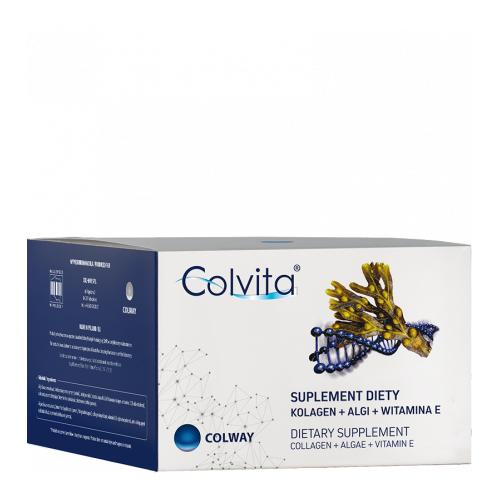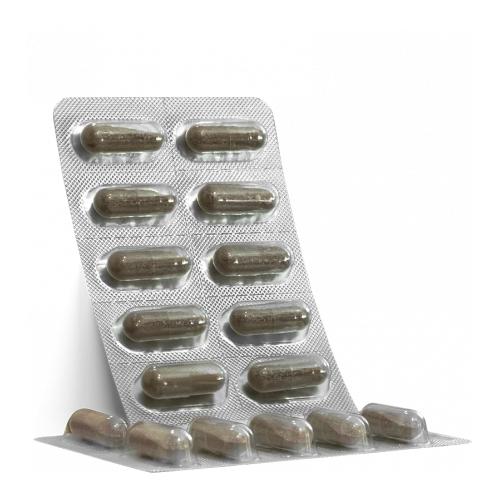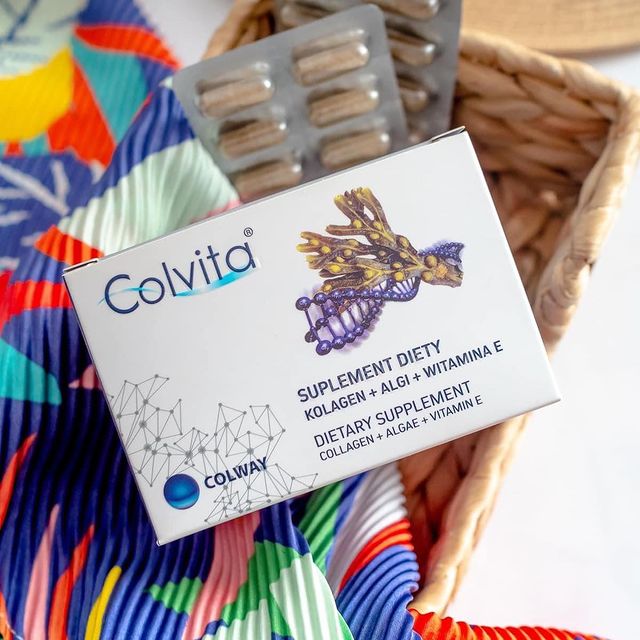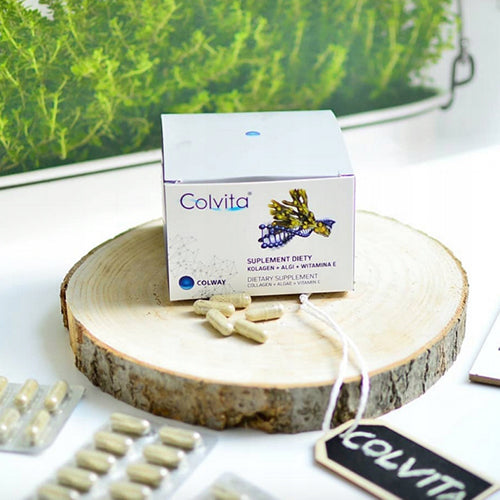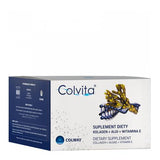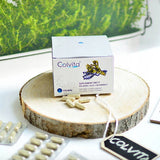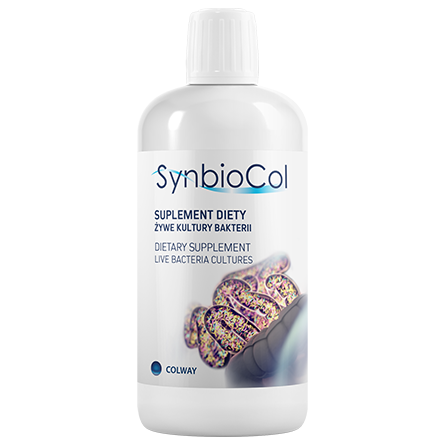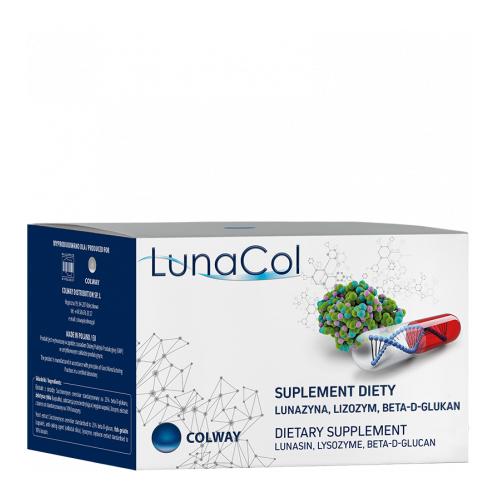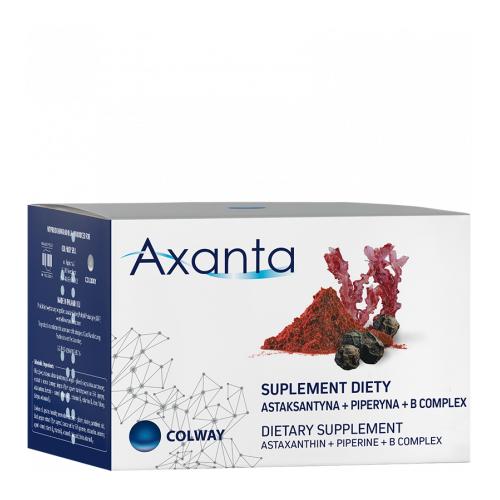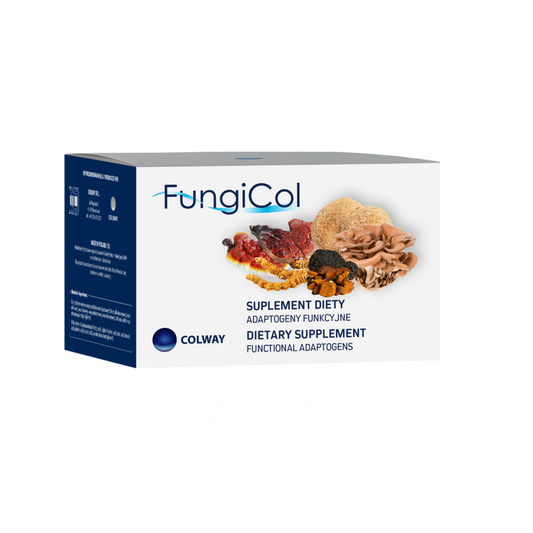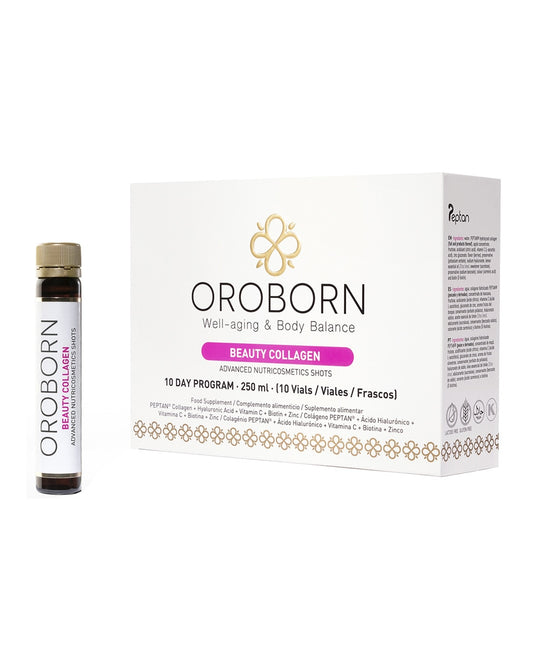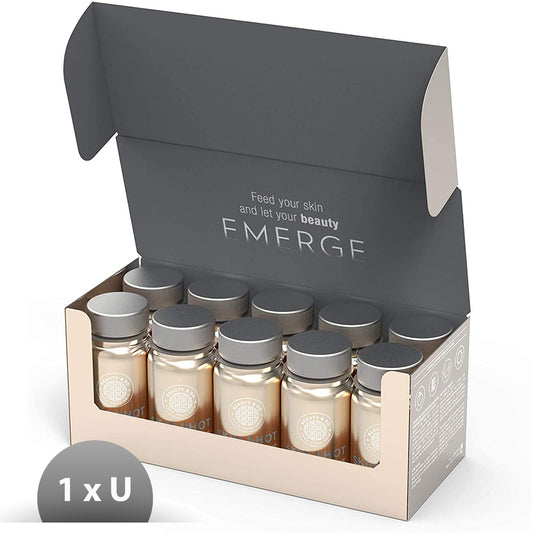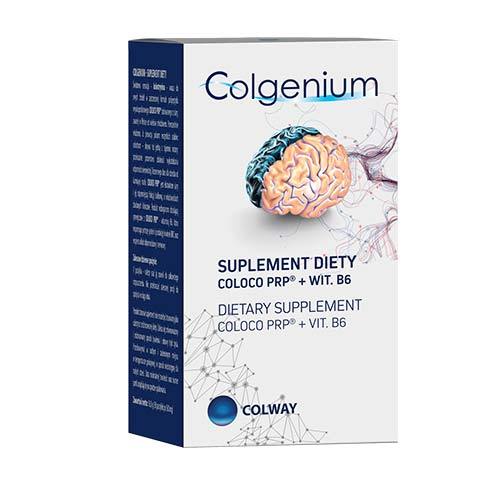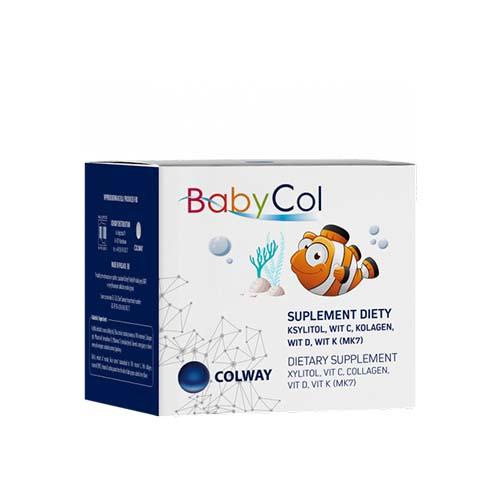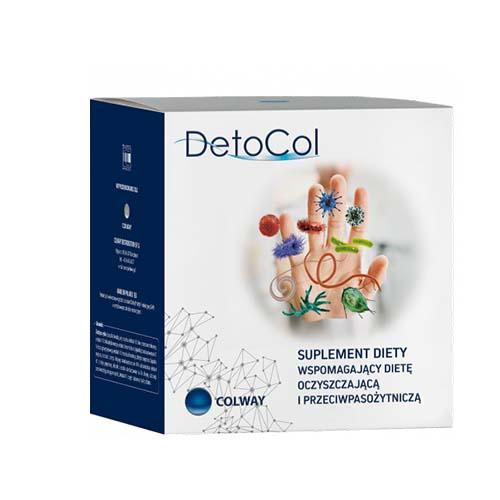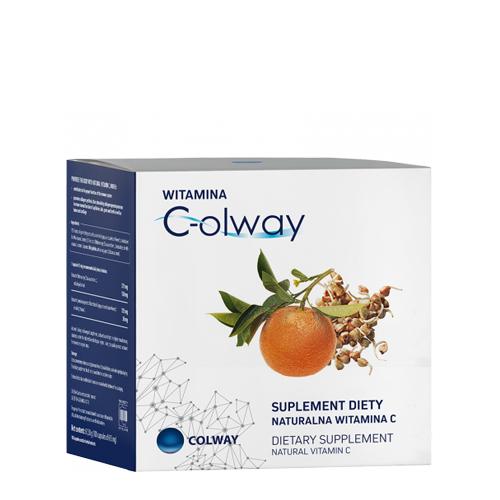Vitamin E is an essential nutrient that plays a critical role in the healthy functioning of our bodies. It is classified as a fat-soluble vitamin, which means that it dissolves in fat and is stored in adipose tissues. But why is it beneficial to include vitamin E in supplements? In this article, we will explore the many benefits of vitamin E and how it can improve our overall health.
What is Vitamin E?
Vitamin E, also known as tocopherol, is an antioxidant that protects cells against free radicals, which are unstable molecules that can damage DNA and cell structures. There are several types of vitamin E, with alpha-tocopherol being the most biologically active and most commonly found in supplements.
Benefits of Vitamin E in Supplements
-
Protection of cells against damage: Vitamin E acts as a powerful antioxidant, protecting cells from oxidative stress and damage caused by free radicals. This helps reduce the risk of chronic diseases, such as heart disease and certain types of cancer.
-
Immune System Booster: Vitamin E plays an important role in strengthening the immune system, helping to fight infection and disease. In addition, it has been shown to increase the production of immune cells, improving the body's response to pathogens and harmful agents.
-
Promoting healthy skin and hair: Vitamin E is known for its beneficial properties for skin and hair. Helps keep skin hydrated, smoothes wrinkles, and protects against damage caused by ultraviolet radiation. It also contributes to the health of the hair, promoting its growth and preventing its fall.
-
Eye Health Support: Vitamin E plays a crucial role in protecting eye health. It has been shown to reduce the risk of developing cataracts and age-related macular degeneration, two common conditions that can affect vision.
-
Antioxidant action: Vitamin E acts as a powerful antioxidant, neutralizing free radicals and protecting cells from oxidative damage. This helps prevent premature aging and reduces the risk of diseases related to oxidative stress.
Sources of Vitamin E
Vitamin E is found in a variety of foods, especially those high in healthy fats. Some natural sources of vitamin E include:
- Vegetable oils (sunflower, wheat germ, safflower)
- Nuts (almonds, hazelnuts, walnuts)
- Seeds (sunflower, pumpkin, sesame)
- Spinach and other green leafy vegetables
- avocados
In addition to obtaining vitamin E from food, it is also possible to supplement the diet with vitamin E supplements to ensure adequate intake.
Recommended Daily Intake of Vitamin E
The recommended daily allowance of vitamin E varies by age and stage of life. The following are the recommended daily intakes of vitamin E in milligrams (mg):
- Babies from 0 to 6 months: 4 mg
- Babies 7 to 12 months: 5mg
- Children 1 to 3 years: 6 mg
- Children 4 to 8 years: 7 mg
- Children 9 to 13 years: 11 mg
- Adolescents and adults: 15 mg
It is important to note that vitamin E supplementation should be done under the supervision of a health professional, as excessive consumption can have negative effects.
Risks and Potential Side Effects
Although vitamin E is generally safe when consumed in recommended doses, excessive consumption can have unwanted side effects. Some of the possible risks associated with excessive intake of vitamin E include:
- Gastrointestinal disorders, such as nausea, diarrhea and colic.
- Increased risk of bleeding due to its anticoagulant effect.
- Interference with the absorption of other fat-soluble vitamins, such as vitamins A, D, and K.
Additionally, vitamin E can interact with certain medications, such as blood thinners and statins. If you are taking any medication, it is important to consult your doctor before starting to take vitamin E supplements.
How to Choose the Right Vitamin E Supplement
When selecting a vitamin E supplement, it is important to consider the following factors:
-
Product quality: Choose vitamin E supplements from well-known and trusted brands to ensure product quality and purity.
-
Form of vitamin E: Vitamin E is found in different forms, such as synthetic alpha-tocopherol and natural d-alpha-tocopherol. Opt for the natural form, as it is considered more bioavailable and better absorbed by the body.
-
Proper Dosage: Follow the dosage instructions provided by the manufacturer or consult a healthcare professional to determine the proper dosage for your individual needs.
-
Compatibility with other supplements or medications: If you are taking other supplements or medications, check for any potential interactions between vitamin E and those products.
Conclusion
Including vitamin E in supplements can be beneficial to our overall health. Its antioxidant properties and its role in cell protection, strengthening the immune system, and promoting healthy skin, hair, and eyes make it an essential nutrient. However, it is important to remember that vitamin E supplements must be used responsibly and under the supervision of a health professional.
Frequently Asked Questions (FAQs)
Q: Can vitamin E prevent heart disease? A: Although vitamin E may have antioxidant effects that could be beneficial for cardiovascular health, the scientific evidence is mixed and inconclusive. It is important to maintain a balanced diet and lead an overall healthy lifestyle to promote heart health.
Q: Is vitamin E safe during pregnancy? A: Vitamin E in recommended doses is generally safe during pregnancy. However, it is always advisable to consult with a doctor before taking any supplements during pregnancy.
Q: Can vitamin E improve fertility? A: Vitamin E can have a positive impact on fertility in both men and women, as it contributes to the health of the reproductive system. However, it is important to note that infertility can have multiple causes and any fertility issues need to be addressed in consultation with a specialist doctor.
Q: What are the signs of vitamin E deficiency? A: Some signs of vitamin E deficiency can include muscle weakness, blurred vision, anemia, and clotting problems. If you suspect that you might have a vitamin E deficiency, it is advisable to seek medical attention for a proper diagnosis.
Q: Can vitamin E help with Alzheimer's disease? A: Currently, there is not enough scientific evidence to say that vitamin E can prevent or treat Alzheimer's disease. More research is needed to better understand its possible role in this neurodegenerative disease. It is always advisable to consult with a doctor specialized in cases of chronic diseases.





















































































































